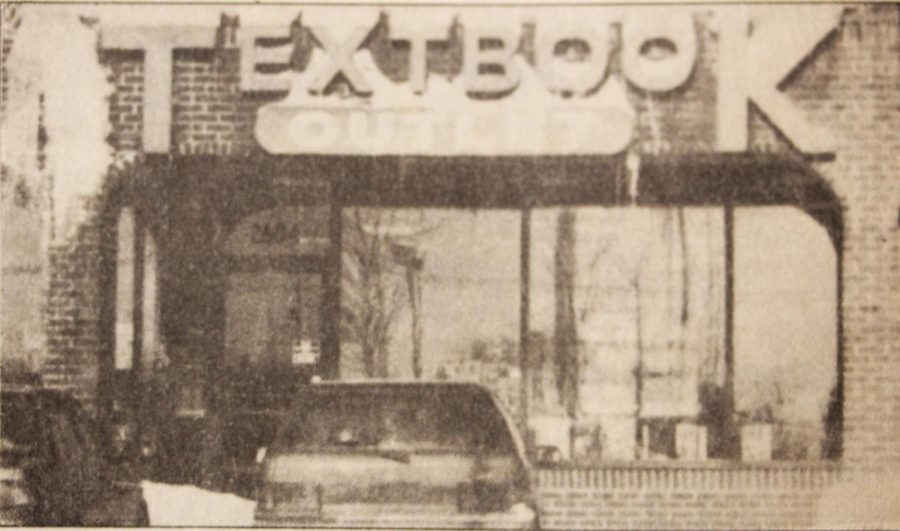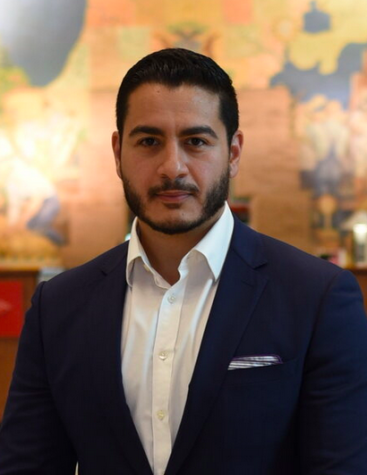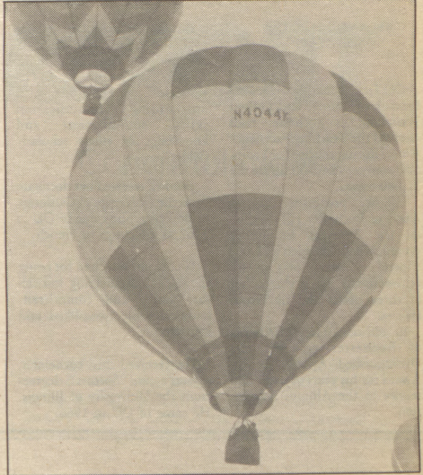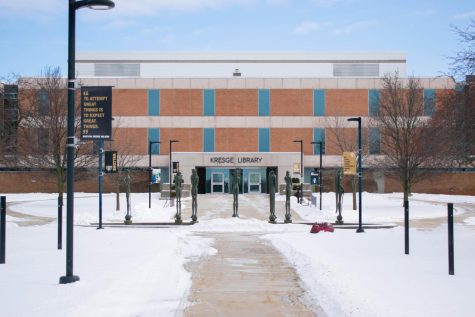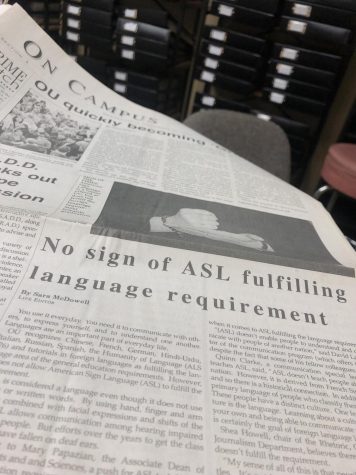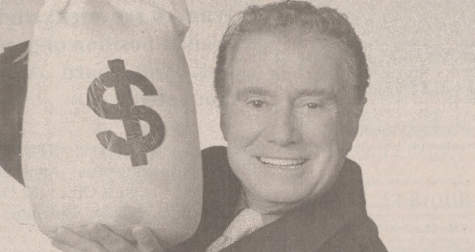Looking Back: Bookcenter transitions to Barnes & Noble store
The campus Barnes & Noble Bookstore is an important aspect for Oakland University students — it’s where students can buy apparel and rent or buy books for classes. Barnes & Noble first gained control of the bookcenter on July 1, 1992, and was given a five-year contract that was supposed to make OU approximately $1.8 million.
Before Barnes & Noble was chosen to run the bookcenter, OU asked multiple bookstores to apply for the opportunity. Follet, Nebraska Book Co., Wallace’s Book Store and Barnes & Noble all applied according to Jack Wilson, then associate vice president for Student Affairs. Barnes & Noble returned the most “superior” report.
“It’s customer service part was good,” Wilson said. “Then, it made it much easier then to look at the financial… it was superior.”
The agreement between OU and Barnes & Noble stated a guarantee that textbook prices will not exceed industry standards in the store’s inventory.
Along with the new Barnes & Noble, new changes, both internal and external, began for the bookcenter. Along with the new location in the Oakland Center, they added policy changes, such as a new refund policy: the university would offer a refund 10 days after the date on a receipt.
“Of course there are expectations to the rule,” said David Bixby, then manager of the bookcenter. “We don’t want a student walking around here without the right book, we want everyone to have what they need.”
Another policy they added right away was the “Guaranteed Price.”
“If a student can find a book somewhere else cheaper, the University Bookcenter will match the price,” Bixby said. “Or, if you’ve already bought the book, the bookcenter will pay you the difference.”
Some students began to complain that the book prices were too high. Gary Sattelberger, then owner and manager of the Textbook Outlet suggested that students could be able to sell back their used books. He gave an example of if a new biology textbook could be sold for $58, it could be brought back to the store for about 50 percent of that price.
“If a student highlights or writes a lot in the sides, that’s automatically going to reduce the price of the book,” Sattelberger said then. “But if a book is in good condition, I need it, and if it is not out of print, I’ll buy it back.”
After many complaints from students about the new return policy, OU Student Congress members decided to meet with Bixby about many of the shared difficulties they had with the new bookcenter since it began to be owned by Barnes & Noble.
Bixby decided to change the policy to allow students to now receive refunds for books 10 days after classes started if the returned course material came with a signed dropslip. This policy now made it easier for students to return books they bought for classes they decided to no longer take.
“This policy is satisfying on paper, but I want to see it in motion,” said Joel Gibson, then Resident Hall Council representative. “However, it does show that they are responsive to student needs.”
Continuing into the future, Bixby ensured OU Student Congress that the bookstore would be overall a more friendly environment for students, and would better handle customer complaints.



